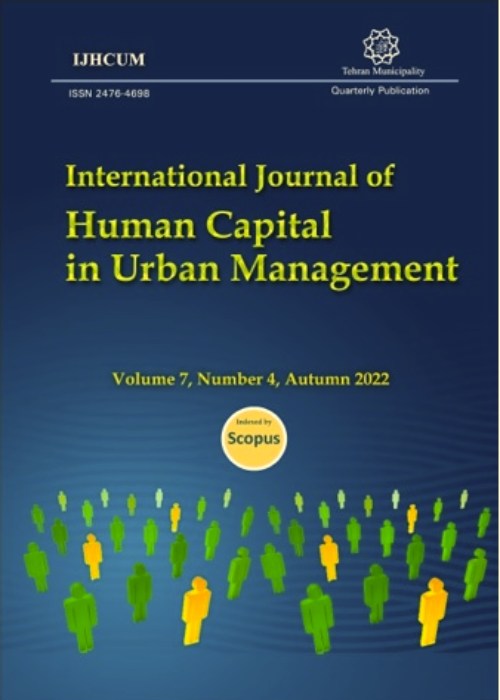Adoption intention of artificial intelligence enabled smart city services from citizens' perspective
Urban administrators of major cities in India are planning to deploy advanced information technologies such as artificial intelligence to deliver e-governance services. It is expected to enable citizens to acquire relevant information to their commonly asked questions without significant technological expertise. With its text, speech, and image processing capabilities similar to human beings, artificial intelligence is predicted to have both positive and negative social impact. The objective of this paper was to develop a conceptual framework consisting of enablers and barriers in adopting artificial intelligence enabled service delivery in a smart city from citizens’ perspectives. The study is novel in terms of empirically finding factors influencing adoption intention of artificial intelligence for availing citizen services in a nation like India which has a very large population and developing economy.
The study utilized an extended unified theory of acceptance and use of technology framework and employed survey-based data collection technique. A structured survey was circulated as part of primary data collection. The responses were collected from 772 sample respondents from three upcoming smart cities in India and were further examined by deploying the structural equation modeling technique using IBM SPSS and AMOS tools.
The proposed framework in this research study has social implications in terms of key factors that are critical when conceptualizing government services using artificial intelligence to avoid any harmful effects on society. The findings demonstrated six enablers and three barriers significantly affecting adoption intention (p<0.05) and explained 81 percent of the variance (R2) with the model's Goodness-of-fit index above 0.9. The quantitative results are also validated with the case studies from six smart cities across the globe for designing and deploying artificial intelligence-based services in the public sector.
the study highlights that the smart city management must make sufficient effort to ensure that artificial intelligence service delivery in a smart city is equitable for all socioeconomic levels of city residents. The study provides several policy recommendations for governments and technology service providers when deploying artificial intelligence-based services for citizens in developing countries like India.
- حق عضویت دریافتی صرف حمایت از نشریات عضو و نگهداری، تکمیل و توسعه مگیران میشود.
- پرداخت حق اشتراک و دانلود مقالات اجازه بازنشر آن در سایر رسانههای چاپی و دیجیتال را به کاربر نمیدهد.


